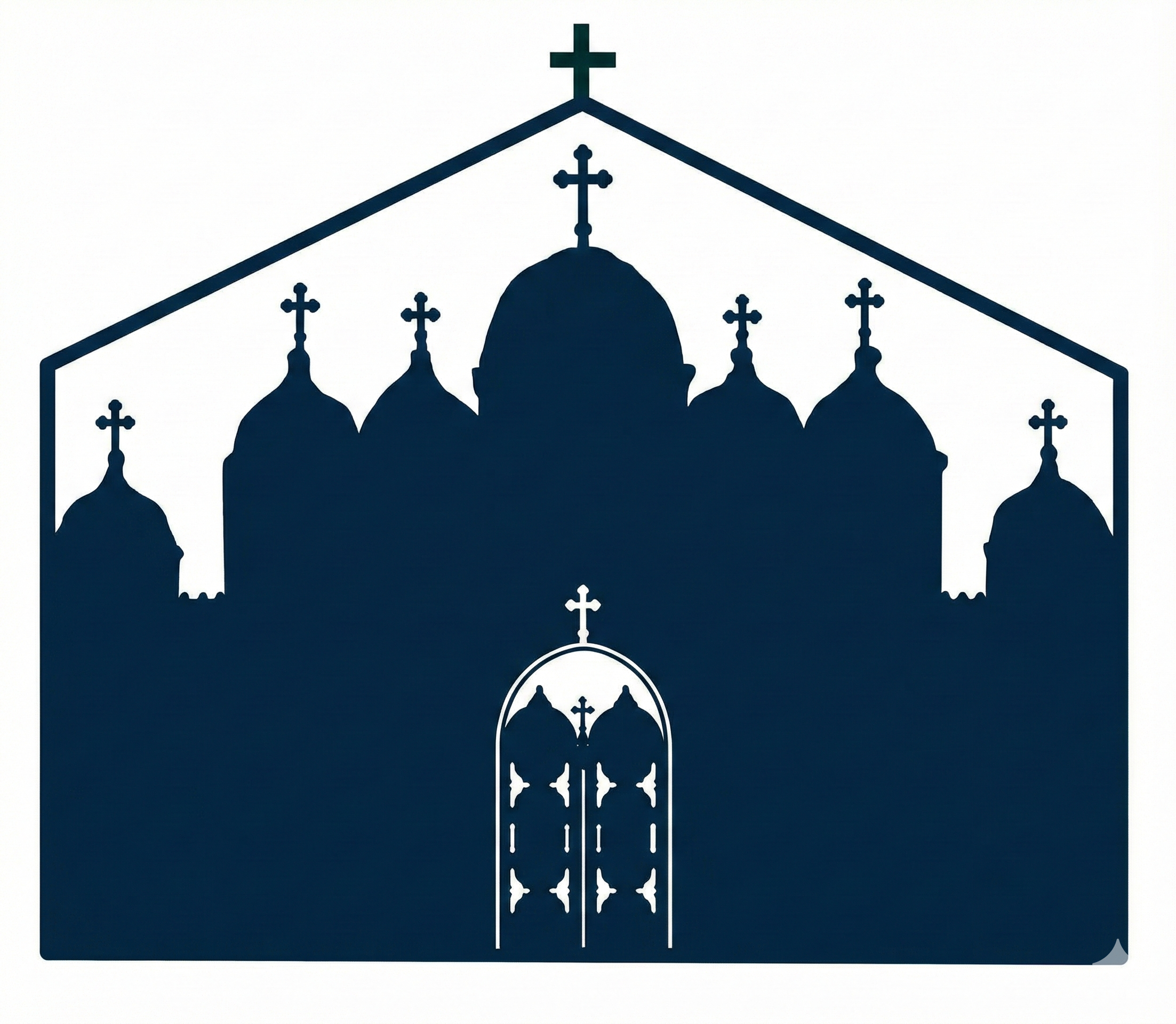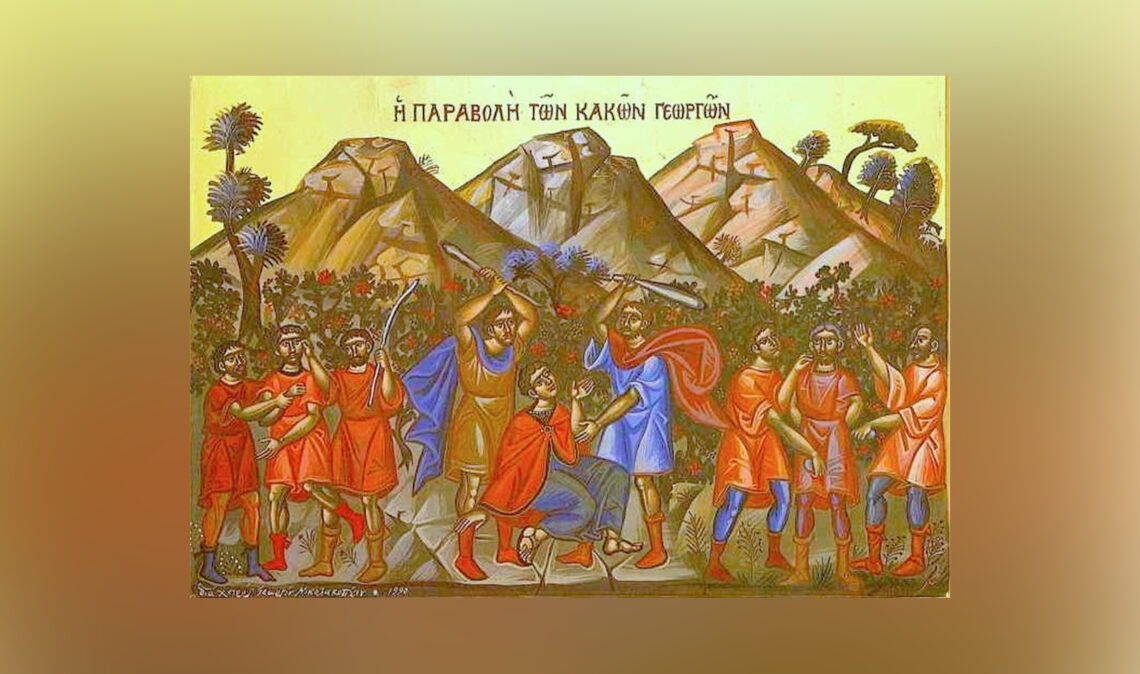Matthew 21:33-42 2023/09/03 Osaka Church
In the name of the Father, and the Son and the Holy Spirit
A master planted a vineyard, rented it out to farmers, and set out on a journey. Harvest season came. The master sent his servants to receive the harvest, but instead of handing over the harvest, the farmers stoned the servants to death. Then the master sent his son, thinking that if it was his son the farmers would respect him. But the farmers also killed his son.
Today’s gospel is the parable of Jesus.
God created the world as a ‘well-arranged vineyard. It is a paradise called “Garden of Eden”. What God expected of the “farmers,” that is, humans, was to watch over this vineyard, to brew grapes in the winepresses that were offered there, and to offer them back to God. In other words, we will gratefully accept the gifted world, and use the most familiar and mysterious functions of nature provided by God, symbolized by “fermentation,” to add fragrant scents and flavors to the wonderful gifted world. It was to give back to God and deepen fellowship with God in the repetition of the gift and gratitude. Genesis says, “God placed man in the garden of Eden to cultivate and guard it.” The word translated as “cultivate” here also has the meaning of “offering offerings and worshiping.” The life in which thanksgiving, offering, and worship are united is the original life of a human being.
However, the farmers refused to hand over the harvest and took the vineyard itself. Stole the harvest. and drove God out of the vineyard.
Genesis says that people were driven out of the Garden of Eden. But the truth is that man has driven God away and paradise is no longer paradise. Man has made the world his own. He made himself a God instead of God who drove him away. The world that has lost the Life of God will be desolate. Everything that God has done for man must now be done with great pains and suffering on his own. But all that is hard-built and hard-earned will come to naught through corruption, chaos, and finally death. It’s the reality of the world we know so well.
When Jesus finishes telling the parable, he asks the Pharisees to whom this parable is in fact allusive. “What do you think will happen to these farmers when the owner of the vineyard comes home?” Unaware of the Lord’s allusion, they reply, “He will kill all the farmers and leave the vineyards to other farmers who will get a good harvest.”
But how was it actually? In the name of “humanity”, when we are urged by the slogan of “humanism” and act selfishly without paying attention to God, we also kill Jesus over and over again. Then were we all killed? No! On the contrary, God continues to call at the door of the hearts of those who have driven him out, and who are still driving him out. The fourteenth-century Byzantine father St Nicholas Cabasilas said:
“The Almighty dares to take upon our poverty. God proclaims his love for us, but as if he were flattering us. Even if we reject the call, God does not withdraw. He is not discouraged by our rejection. Even though he is rejected, he stands before the door of our hearts. He will wait, He will continue to show His unchanging love.”
The people who responded to this extraordinarily persevering call are the “farmers who render to him the harvest.” Finally, Christ said to the Pharisees: “The stone that the builders rejected,” that is, Himself who would soon be killed by them, would be the “chief cornerstone,” the foundation of the life of the new people of God. “Farmers who manage to render the harvests properly” will transcend ethnicity, race, social status and gender, and will be reassembled as the “Body of Christ” (the church) and given the vineyard once again. The church prays through bishops in the Eucharistic liturgy. “O God, come down from heaven, and come down into this vineyard, and strengthen what your right hand has planted.” There, people will once again brew the gifted world and its blessings with gratitude and offer it back to God in the form of bread and wine. We begin to live again the life of Christ, which is the life of gratitude, the life of devotion, and the life of worship.

